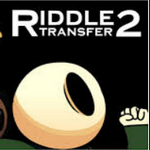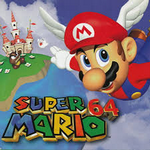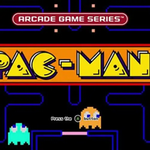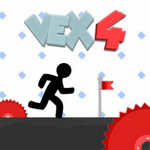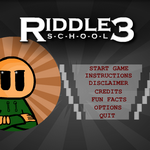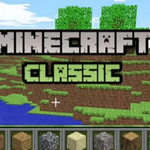
pacman Unblocked
## Pac-Man: More Than Just a Mouthful of Nostalgia
Few video games hold the cultural significance of Pac-Man. Released in 1980, it wasn't just a smash hit; it was a global phenomenon that redefined arcade gaming, spawned countless imitators, and ultimately helped pave the way for the modern video game industry we know and love today.
The Simple Genius of Pac-Man:
Pac-Man's appeal lies in its deceptively simple yet incredibly engaging gameplay. Players control a yellow, pie-shaped character who must navigate a maze, eating dots and avoiding the four colorful ghosts: Blinky, Pinky, Inky, and Clyde. Eat a power pellet and the roles reverse, allowing Pac-Man to eat the ghosts. This simple concept, coupled with its intuitive controls and addictive nature, made it accessible to players of all ages and skill levels.
Beyond the Game:
Pac-Man's influence went far beyond the arcade. Its characters became pop culture icons, appearing in merchandise, cartoons, and even inspiring other games. Its iconic sound effects are instantly recognizable, even to those who have never played the game.
The Legacy of Pac-Man:
Pac-Man's legacy is undeniable. It helped popularize video games as a form of entertainment, pushing the boundaries of what was possible with technology at the time. Its influence is still felt today, with its gameplay mechanics and design elements inspiring countless developers and games.
The Future of Pac-Man:
Despite its age, Pac-Man remains relevant today. With numerous remakes, sequels, and spin-offs, the franchise continues to attract new generations of players. Whether you're a seasoned gamer or a nostalgic newbie, Pac-Man offers a timeless experience that's as fun and engaging as ever.
Pac-Man is more than just a game; it's a cultural phenomenon that has left an enduring mark on our collective memory. Its legacy continues to inspire and entertain, proving that sometimes, the simplest ideas can be the most revolutionary.









